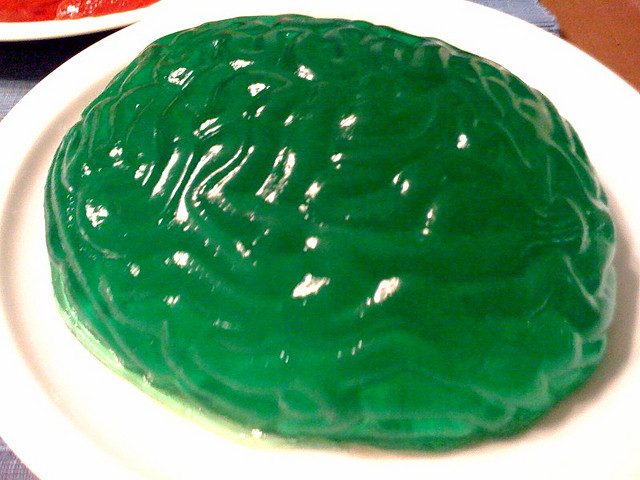“Vaccine” against heroin keeps it out of the brain
Ars Technica » Scientific Method 2013-05-09

Under normal circumstances, antibodies recognize things that (in molecular terms) are big, like parts of bacteria and viruses that invade our bodies. That's largely because of the way that antibodies are selected for during an immune response. But by playing a bit of a trick on the immune system, it's possible to generate antibodies that attach to smaller molecules, ones that contain only a few dozen atoms. This has been used to do things like create antibodies that act like catalysts for chemical reactions.
The ability to create antibodies that specifically bind to small molecules has raised hopes that they'll prove useful for a very challenging medical problem, namely drug addiction. Antibodies that latch on to drugs could keep them away from their sites of action in the brain, blocking any rewarding high. So far, the results haven't been as promising as the idea, but a new vaccine against heroin appears to do better specifically because it's designed to work with how the drug is processed by the body.
The immune system is able to produce many antibodies that recognize the pathogens it is currently facing for a simple reason: antibody-producing cells can sense when their antibodies are sticking to something. This process works because these cells stick a lot of antibodies on their surface. When they stick to an invader like a virus, it creates a cluster of antibodies in the same area on the cell's surface, all of them stuck to a single virus. This clustering is enough to trigger a signal that tells the cell that its antibody is working.
Read 9 remaining paragraphs | Comments